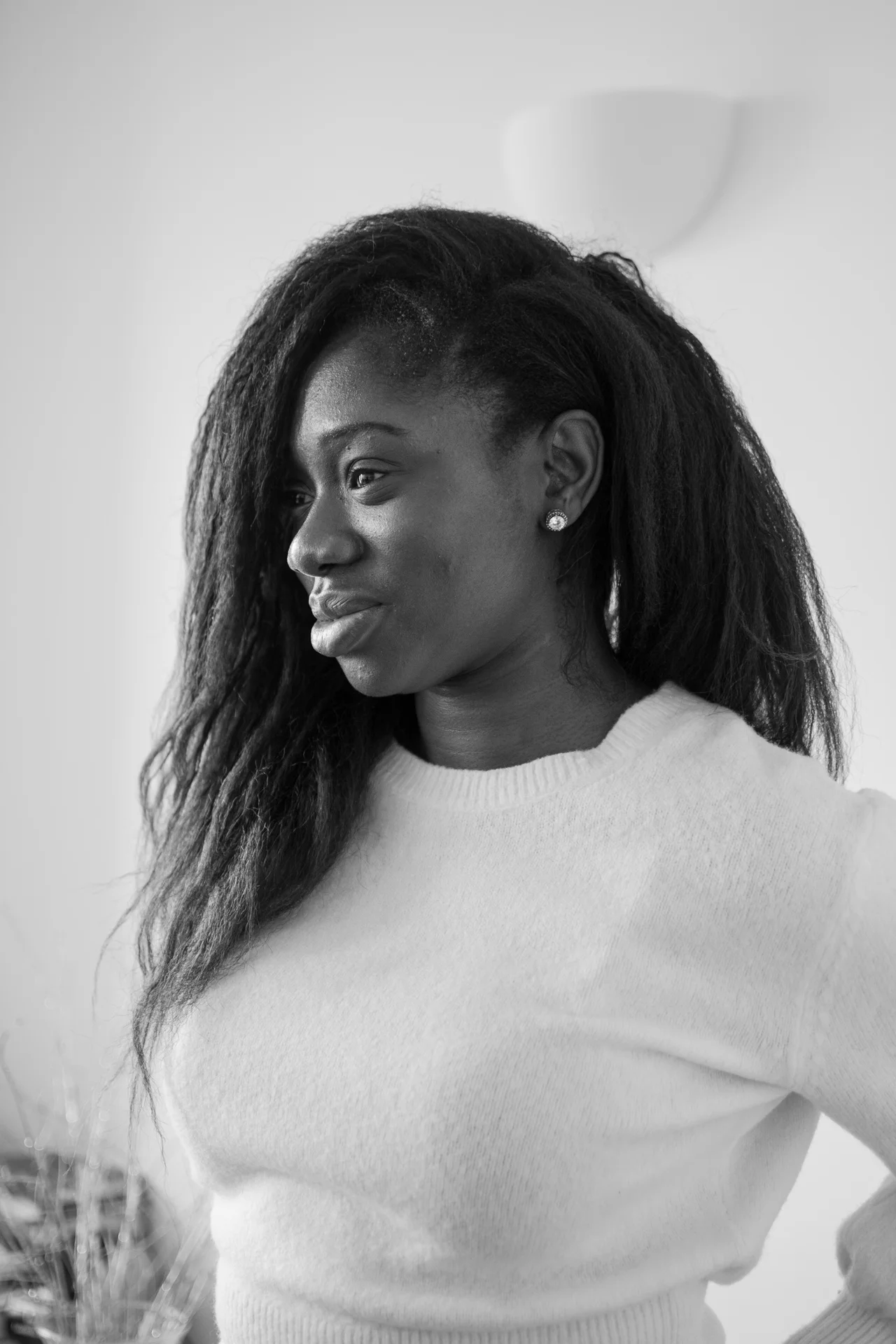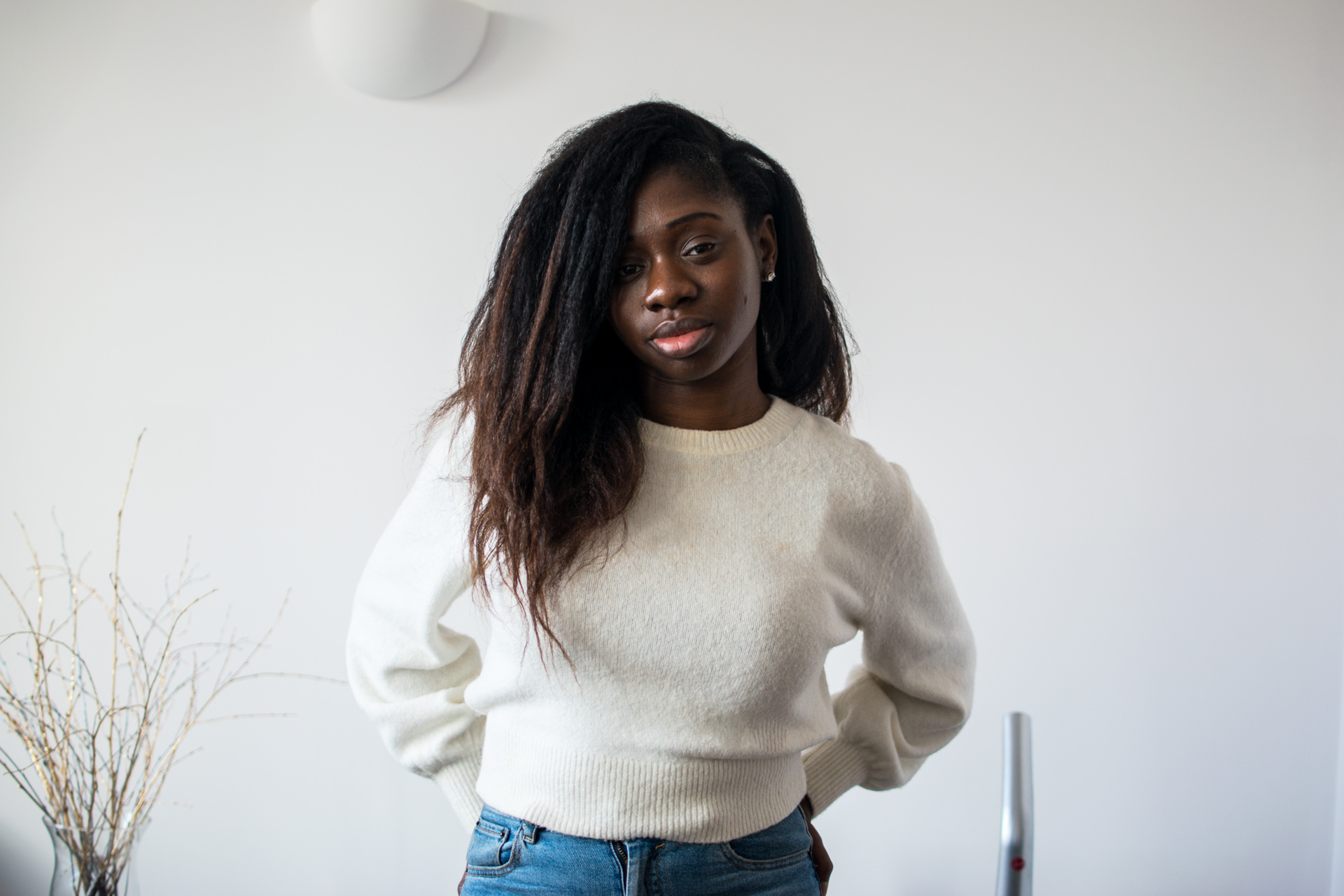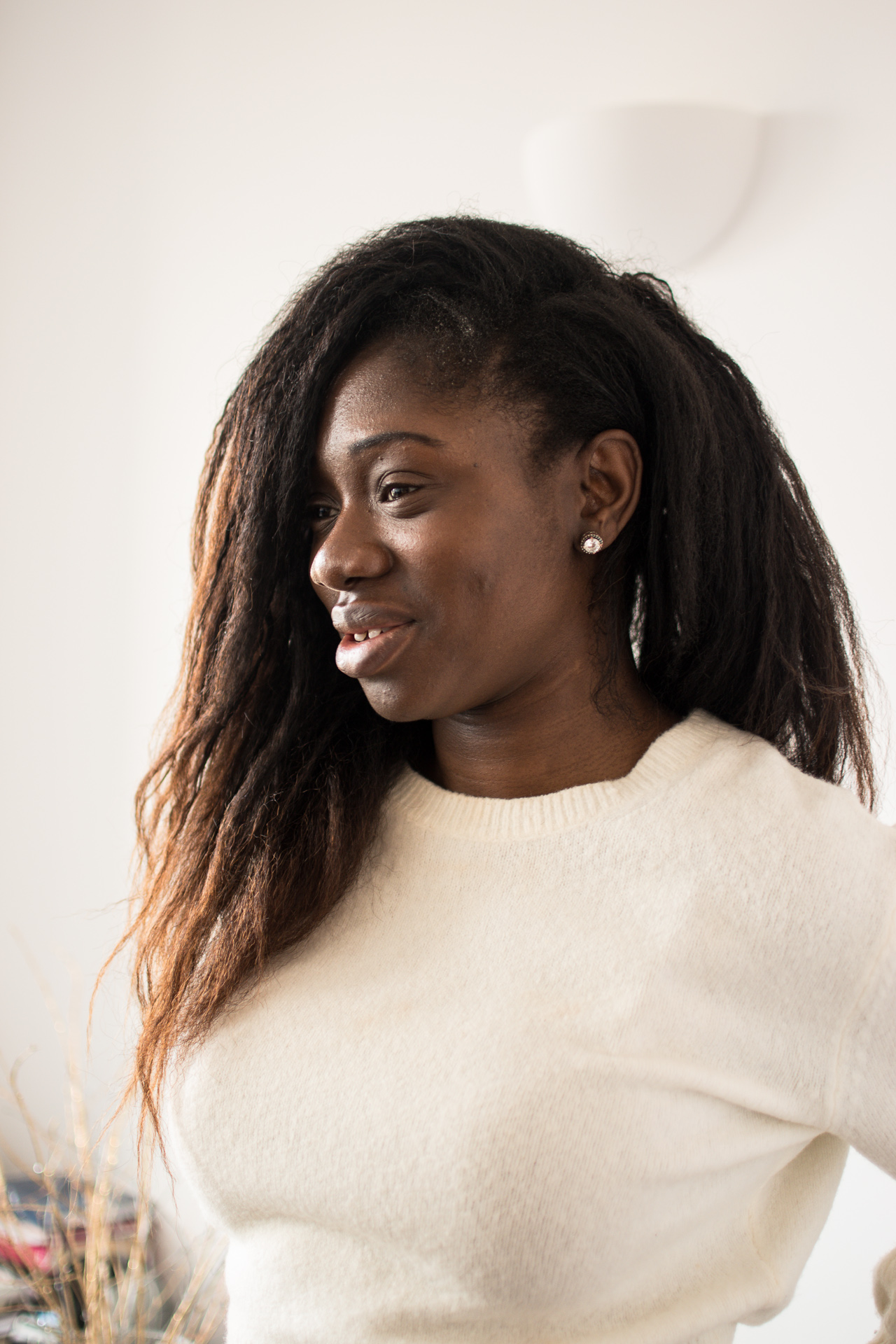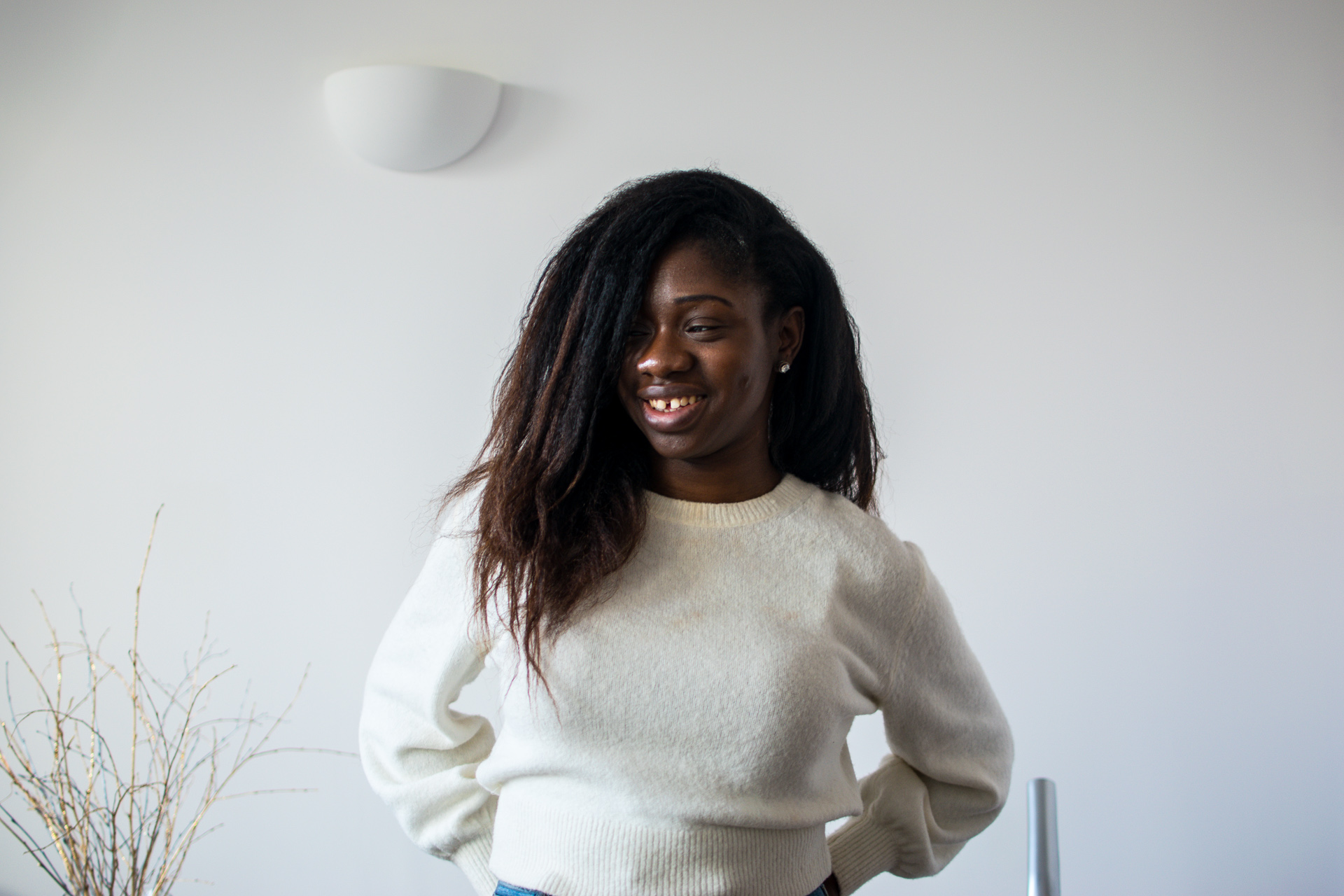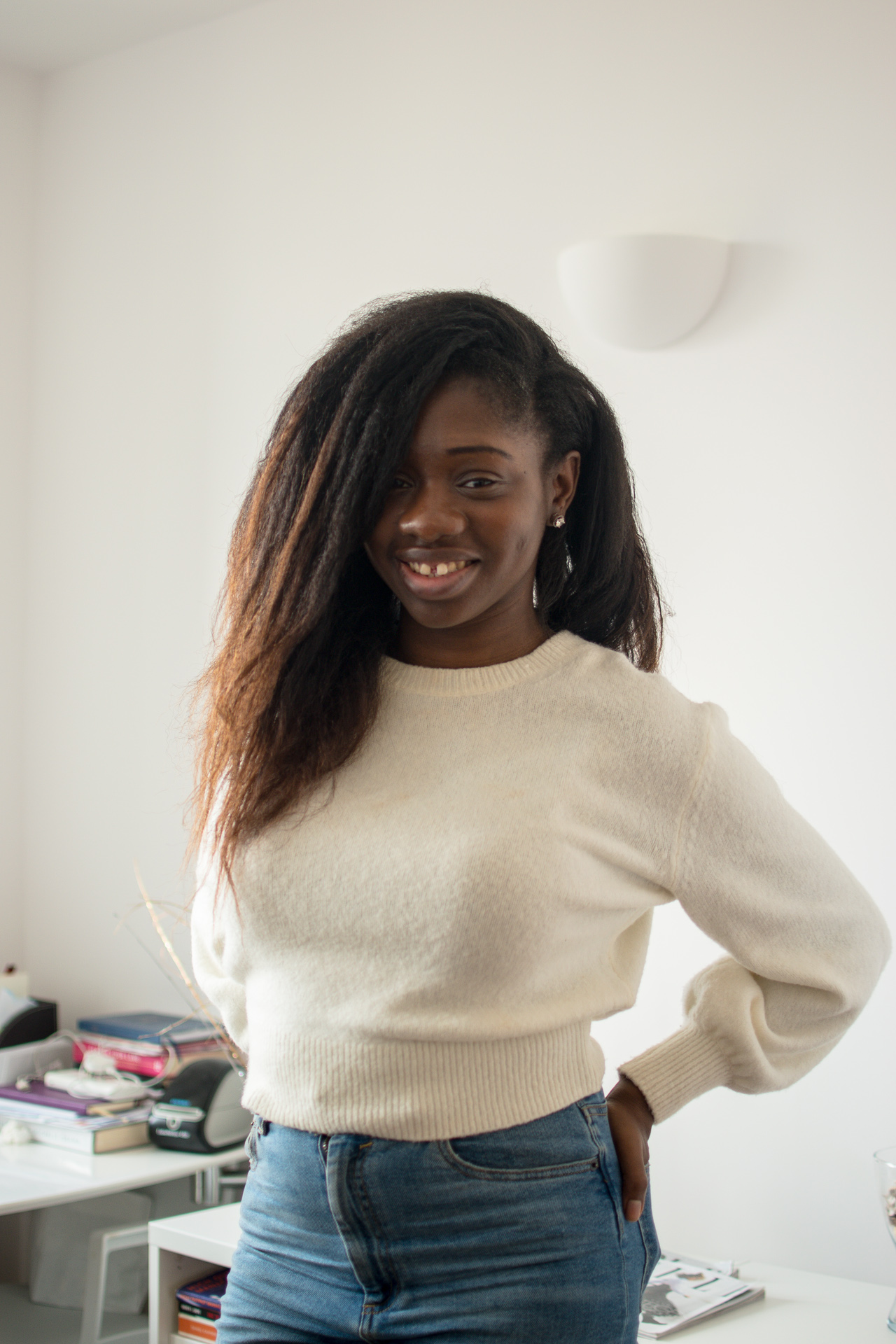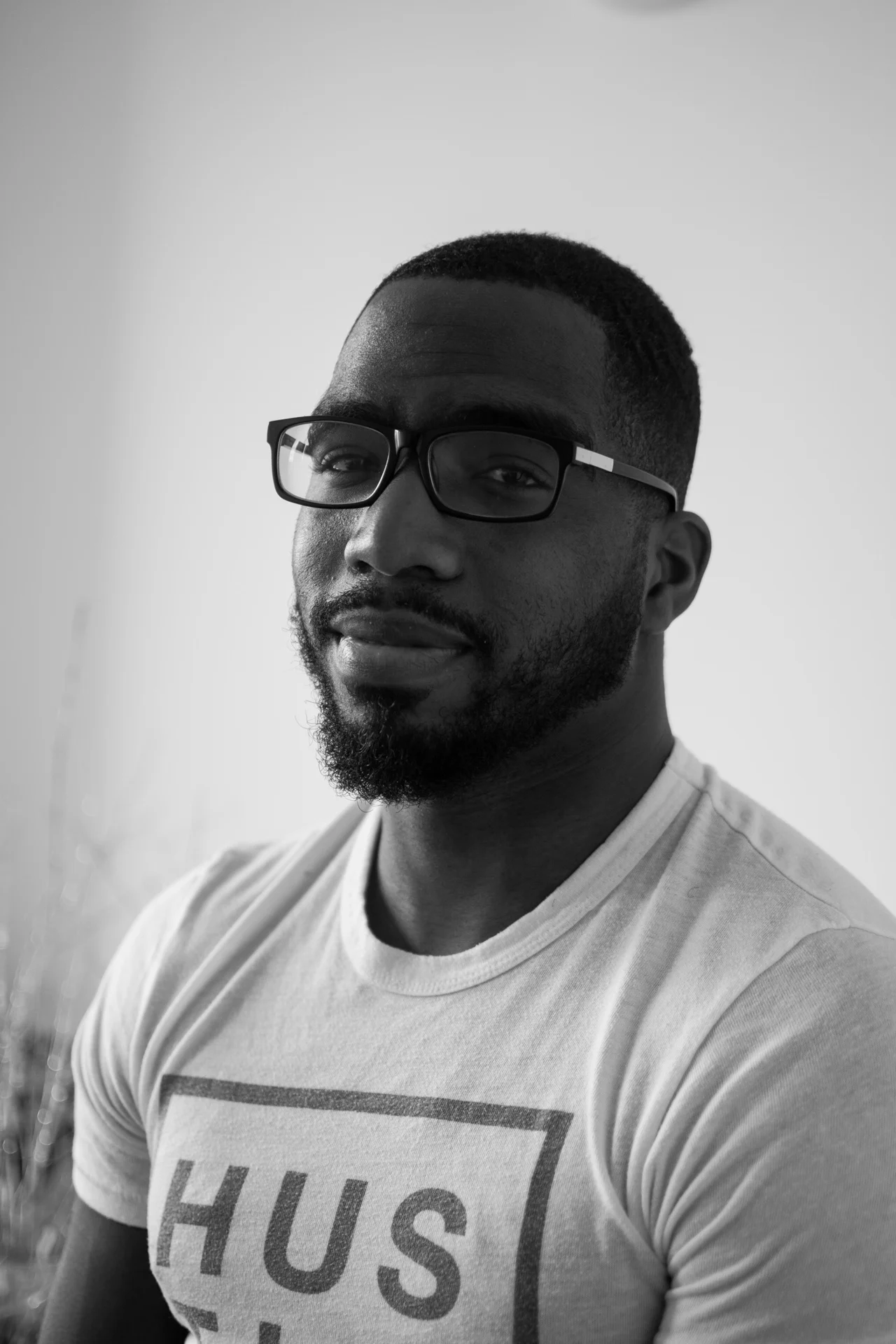Tobi
Tobi, 29
Nigerian ethnicity: Yoruba
City/County grew up in: London
City/County of residence: London
*audio below
Describe your heritage
I am Black British Nigerian or lately I have been saying I’m a British Nigerian Millennial.
What to you, makes you Black British Nigerian? How do you define it?
I think it’s the thing of when I go to work or go to the office I’m obviously in Britain, England, but when I come home, it’s the food that we eat, it’s the little inbetween words of Yoruba that we use, it’s the news that we read (like picking up on the Nigerian elections), it’s being at my in-laws every other week and being around the culture, music…so I think it’s that code-switching of what is at home and what is outside of home, that makes me a Black British Nigerian.
What challenges do you/have you faced that relate to your identity as a Black British Nigerian?
The challenges that I’ve had I think embracing being Black British Nigerian, is the fact that I actually grew up with White parents since I was 10 days old, so I never had that immediate connection to Nigeria. If I did it was through news that maybe my dad was looking at (the person I consider to be my dad who’s my White dad), and yes I saw family, but it wasn’t every day growing up with the food, the language, the music, the politics, the clothing. So that was a challenge until I got to probably about secondary school? When I met friends who were Nigerian (my best friend is Nigerian), and then embracing the culture through her. But I didn’t quite have my own experience probably until I was like an adult and I was old enough to research where I come from, and then meet my husband and so I think sometimes I’m like “Am I Nigerian enough?”. I know I’m British, but am I Nigerian enough? So that’s been a challenge.
What do you love about being Black British Nigerian?
What I love about being Black British Nigerian…I love the food *laughs*, the food is amazing. And also forgetting the food, our culture’s just so rich. The fact that there’s so many ethnic groups and we’re so different in our traditions, it’s not like we’re all one monolith. There’s so much…like the way we get married is different, the foods are different, the language, the music, and I really love that. I love the fact that once you learn about one piece of Nigerian culture or one ethnic group of Nigeria, there’s so much more to learn, and it just makes for such a vibrant culture that is Nigeria.
Do you think this country values your identity?
I don’t think this country values my identity as a Black British Nigerian and the reason I really believe that is when we talk about things like WW1 and WW2, they never talk about Nigerian soldiers’ contributions, and I think that would be so important. Especially me growing up, I remember (I can never forget), I was coming from lunch with my friends and this White guy was like “I fought in the war for people like you” and called us a racist term, and if I knew at 13 years old that Nigerian soldiers had fought in the war, I could’ve retorted back. Do you know what I mean? I felt that would’ve been really powerful. And the fact that when you have things like the 11th November [Armistice] day, poppy day, they don’t ever talk about Nigeria’s contribution, the same way they don’t talk about India’s contribution. I think if you really valued us and this whole rhetoric of Britain fought to be this great country, you would talk about Nigeria’s contribution. So that tells me everything.
What does the future look like for Black British Nigerians - what are your hopes for us?
I think the future for Black British Nigerians is so bright. From the West African rise of food which is being dominated by Nigeria, to us opening restaurants, the music…I think that entrepreneurial spirit for this generation is just creating opportunities and ventures which are going to be amazing. I hope what will happen for us is that those who are in the diaspora will go back, even if we’re just tourists that will go back, and I suppose build with those that are there, but I know that’s super hard. But I just think there’s so much for us to do here and there.
